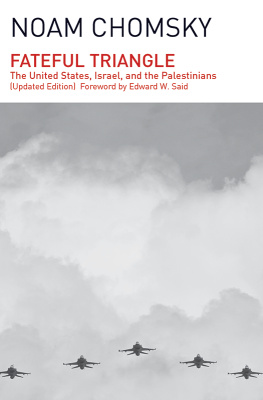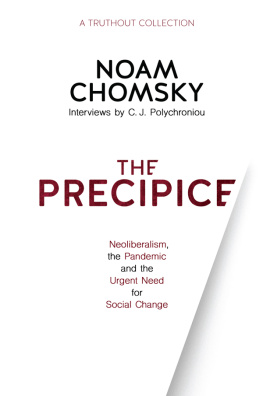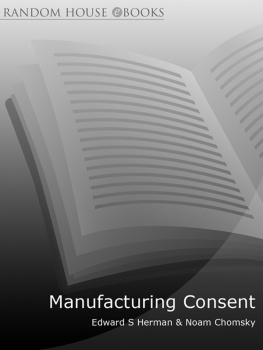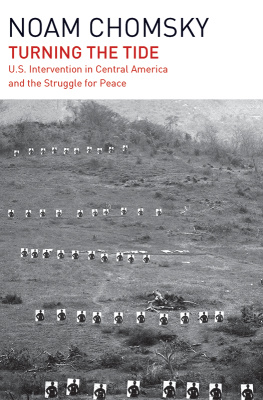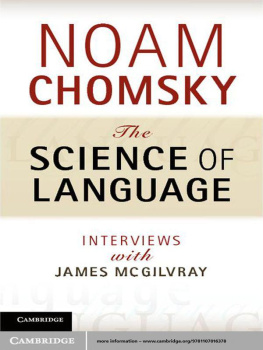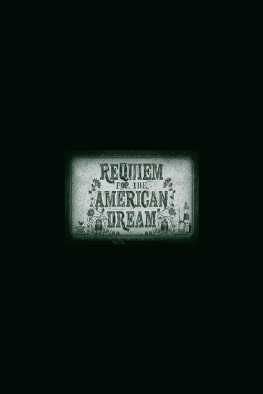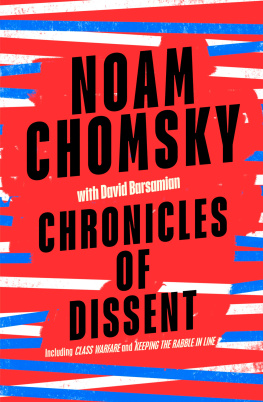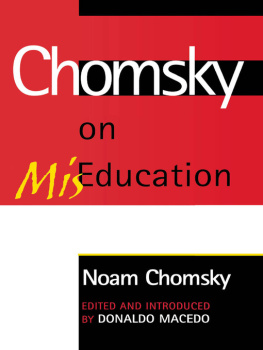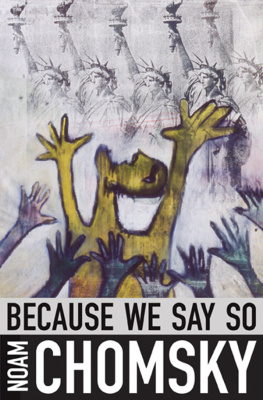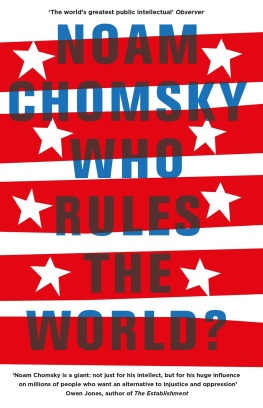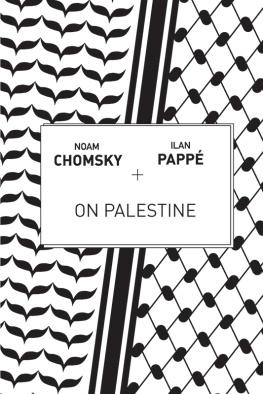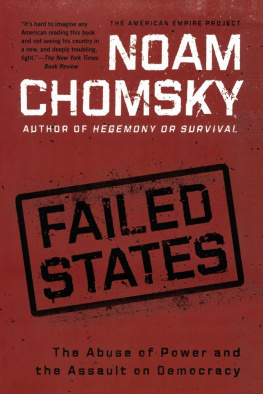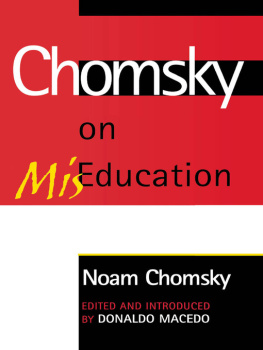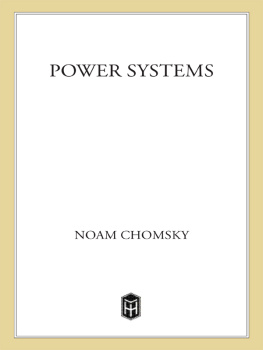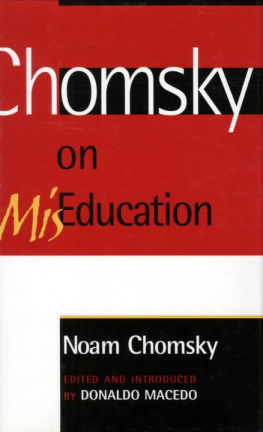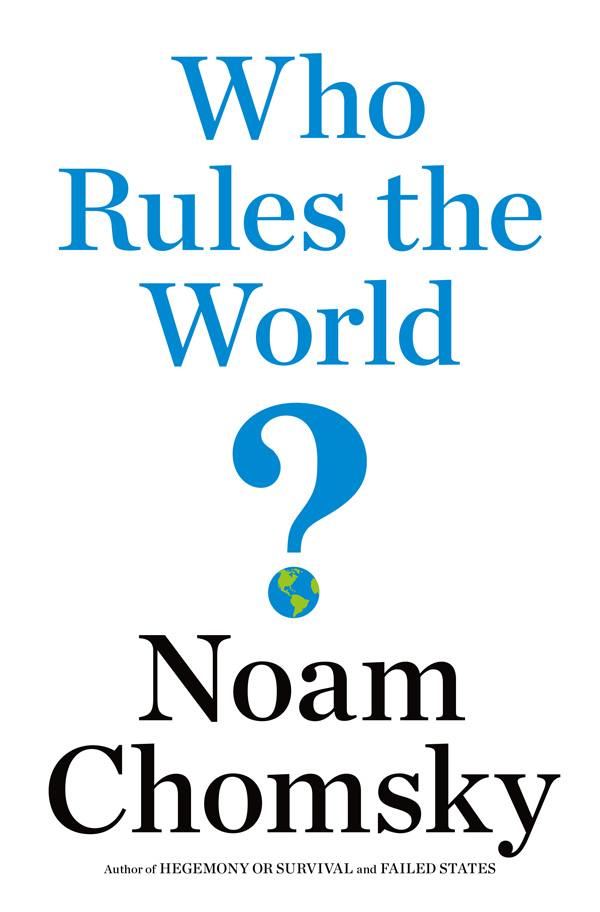Contents
Guide

The author and publisher have provided this e-book to you for your personal use only. You may not make this e-book publicly available in any way. Copyright infringement is against the law. If you believe the copy of this e-book you are reading infringes on the authors copyright, please notify the publisher at: us.macmillanusa.com/piracy.
The question raised by the title of this book cannot have a simple and definite answer. The world is too varied, too complex, for that to be possible. But it is not hard to recognize the sharp differences in ability to shape world affairs, and to identify the more prominent and influential actors.
Among states, since the end of World War II the United States has been by far the first among unequals, and remains so. It still largely sets the terms for global discourse, ranging from such concerns as Israel-Palestine, Iran, Latin America, the war on terror, international economic organization, rights and justice, and others like them to the ultimate issues of survival of civilization (nuclear war and environmental destruction). Its power, however, has been diminishing since it reached a historically unprecedented peak in 1945. And with the inevitable decline, Washingtons power is to some extent shared within the de facto world government of the masters of the universe, to borrow the terms of the business pressreferring to the leading state capitalist powers (the G7 countries) along with the institutions they control in the new imperial age, such as the International Monetary Fund and the global trade organizations.
The masters of the universe are of course very far from representative of the populations of the dominant powers. Even in the more democratic states, the populations have only limited impact on policy decisions. In the United States, prominent researchers have produced compelling evidence that economic elites and organized groups representing business interests have substantial independent impacts on U.S. government policy, while average citizens and mass-based interest groups have little or no independent influence. The results of their studies, the authors conclude, provide substantial support for theories of Economic Elite Domination and for theories of Biased Pluralism, but not for theories of Majoritarian Electoral Democracy or Majoritarian Pluralism. Other studies have demonstrated that the large majority of the population, at the lower end of the income/wealth scale, are effectively excluded from the political system, their opinions and attitudes ignored by their formal representatives, while a tiny sector at the top has overwhelming influence; and that over a long period, campaign funding is a remarkably good predictor of policy choices.
One consequence is so-called apathy: not bothering to vote. It has a significant class correlation. Likely reasons were discussed thirty-five years ago by one of the leading scholars of electoral politics, Walter Dean Burnham. He related abstention to a crucial comparative peculiarity of the American political system: the total absence of a socialist or laborite mass party as an organized competitor in the electoral market, which, he argued, accounts for much of the class-skewed abstention rates as well as the downplaying of policy options that may be supported by the general population but are opposed to elite interests. The observations reach to the present. In a close analysis of the 2014 election, Burnham and Thomas Ferguson show that rates of voting recall the earliest days of the nineteenth century, when voting rights were virtually restricted to propertied free males. They conclude that both direct poll evidence and common sense confirm that huge numbers of Americans are now wary of both major political parties and increasingly upset about prospects in the long term. Many are convinced that a few big interests control policy. They crave effective action to reverse long term economic decline and runaway economic inequality, but nothing on the scale required will be offered to them by either of Americas money-driven major parties. This is likely only to accelerate the disintegration of the political system evident in the 2014 congressional elections.
In Europe, the decline of democracy is no less striking, as decision making on crucial issues is shifted to the Brussels bureaucracy and the financial powers that it largely represents. Their contempt for democracy was revealed in the savage reaction in July 2015 to the very idea that the people of Greece might have a voice in determining the fate of their society, shattered by the brutal austerity policies of the troikathe European Commission, the European Central Bank, and the International Monetary Fund (specifically the IMFs political actors, not its economists, who have been critical of the destructive policies). These austerity policies were imposed with the stated goal of reducing Greeces debt. Yet they have in fact increased the debt relative to GDP, while Greek social fabric has been torn to shreds, and Greece has served as a funnel to transmit bailouts to French and German banks that made risky loans.
There are few surprises here. Class war, typically one-sided, has a long and bitter history. At the dawn of the modern state capitalist era, Adam Smith condemned the masters of mankind of his day, the merchants and manufacturers of England, who were by far the principal architects of policy, and who made sure their own interests were most peculiarly attended to no matter how grievous the effect on others (primarily the victims of their savage injustice abroad, but much of the population of England as well). The neoliberal era of the past generation has added its own touches to this classic picture, with the masters drawn from the top ranks of increasingly monopolized economies, the gargantuan and often predatory financial institutions, the multinationals protected by state power, and the political figures who largely represent their interests.
Meanwhile, scarcely a day passes without new reports of ominous scientific discoveries about the pace of environmental destruction. It is not too comforting to read that in the middle latitudes of the Northern hemisphere, average temperatures are increasing at a rate that is equivalent to moving south about 10 meters (30 feet) each day, a rate about 100 times faster than most climate change that we can observe in the geological recordand perhaps 1,000 times faster, according to other technical studies.
No less grim is the growing threat of nuclear war. The well-informed former Defense Secretary William Perry, no Cassandra, regards the probability of a nuclear calamity [as] higher today than during the Cold War, when escape from unimaginable disaster was a near miracle. Meanwhile the great powers doggedly pursue their programs of national insecurity, in the apt phrase of longtime CIA analyst Melvin Goodman. Perry is also one of those specialists who called on President Obama to kill the new cruise missile, a nuclear weapon with improved targeting and lower yield that might encourage limited nuclear war, quickly escalating by familiar dynamics to utter disaster. Worse yet, the new missile has both nuclear and nonnuclear variants, so that a foe under attack might assume the worst and overreact, initiating nuclear war. But there is little reason to expect that the advice will be heeded, as the Pentagons planned trillion-dollar enhancement of nuclear weapons systems proceeds apace, while lesser powers take their own steps towards Armageddon.


